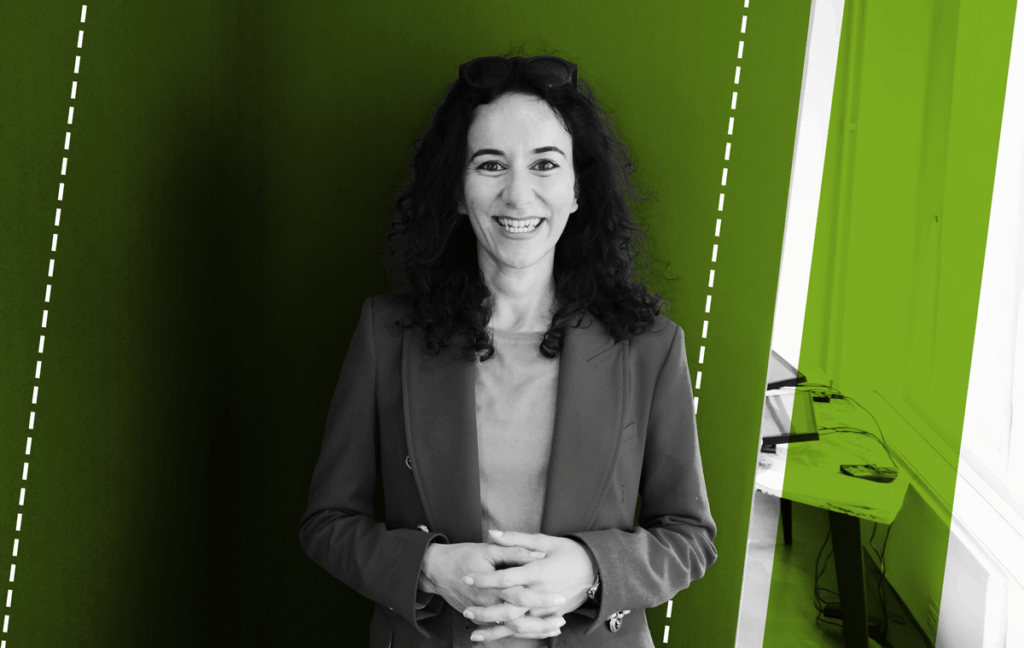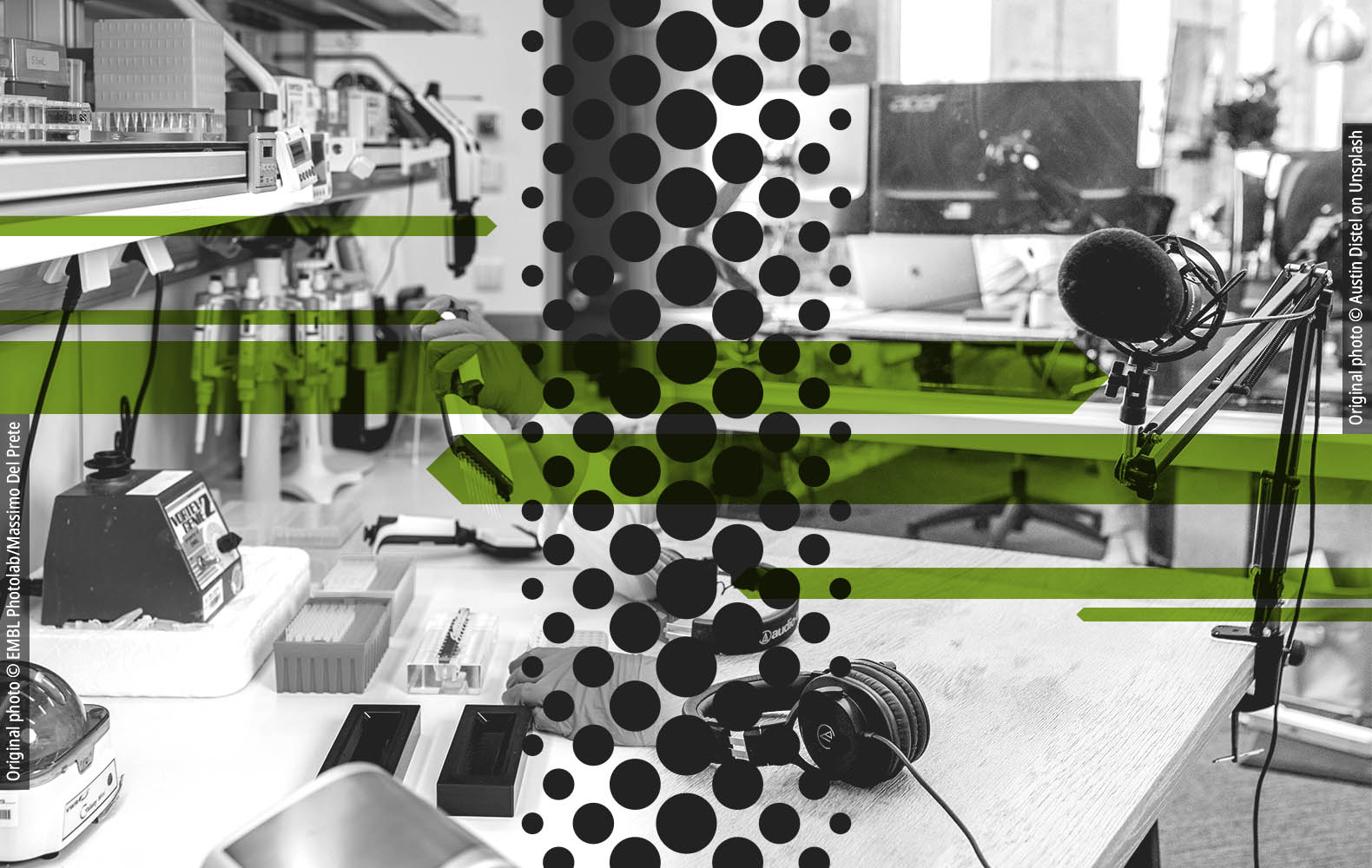The life of a freelance science journalist can be financially and professionally challenging but Maria Bolevich revels in the opportunity for discovery.
A reporter for more than 12 years since completing her degree in her hometown of Podgorica, Montenegro, Bolevich has specialized in science, health and environmental journalism and has written for major science news outlets.
“As a journalist, my role is to help inform and educate the public,” she says. “I need to translate complex scientific concepts and technical information into accessible language and engaging formats.”
Bolevich says her reporting necessarily involves working with scientists, doctors and educators, and she needs to be able to quickly build trust and understanding.
“A good journalist in these fields must also understand the ethical implications of science, medicine and technology, and the possible public reaction to emerging issues,” Bolevich says.
Her application for a Maria Leptin | EMBO Science Journalism Fellowship was highly ranked by the advisory board, and she began a two-month internship in Brussels in May 2025. The Fellowships offer science journalists an opportunity for a funded sabbatical to delve deeper into current research and technologies, while free from the pressure of having to produce daily or weekly content. Bolevich is not wasting the opportunity offered by the Vrije Universiteit and has spent time with a variety of research and technology groups – an experience that she is appreciating and enjoying as she shared during a visit to EMBO.
“The university involved me right away, and everyone was willing to help. They gave me such a warm welcome,” she says. “I can honestly say this feels like a dream come true.”
Bolevich’s fellowship was funded from the pilot phase of the scheme.



